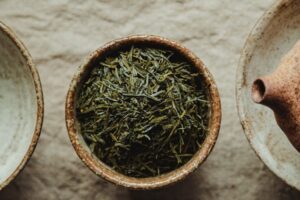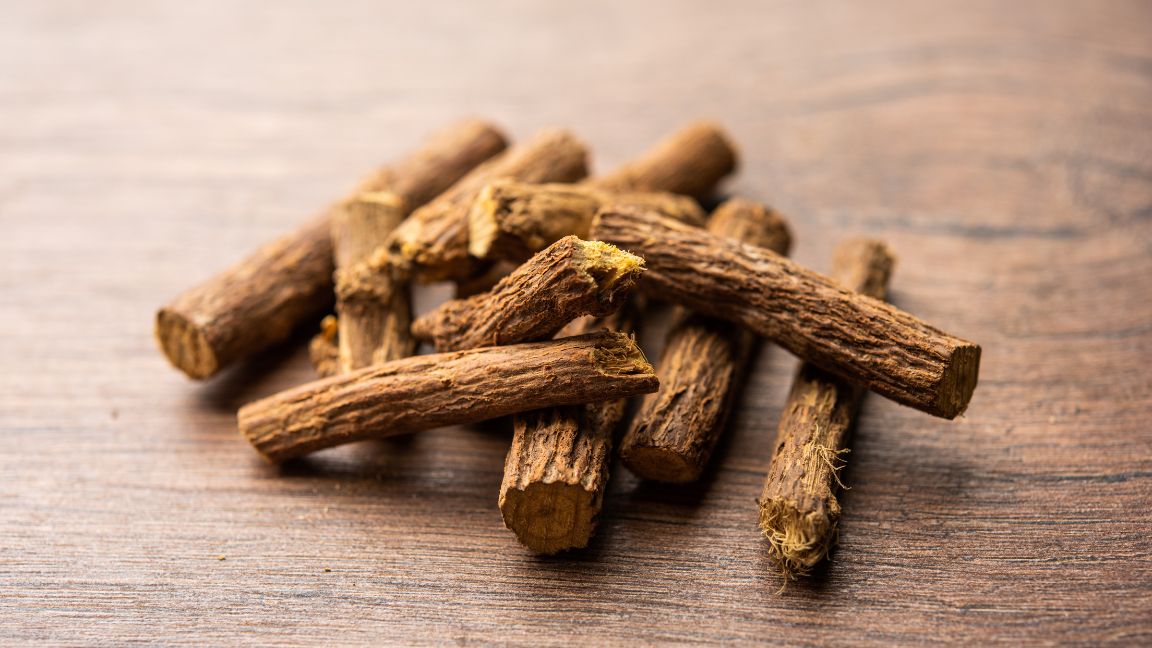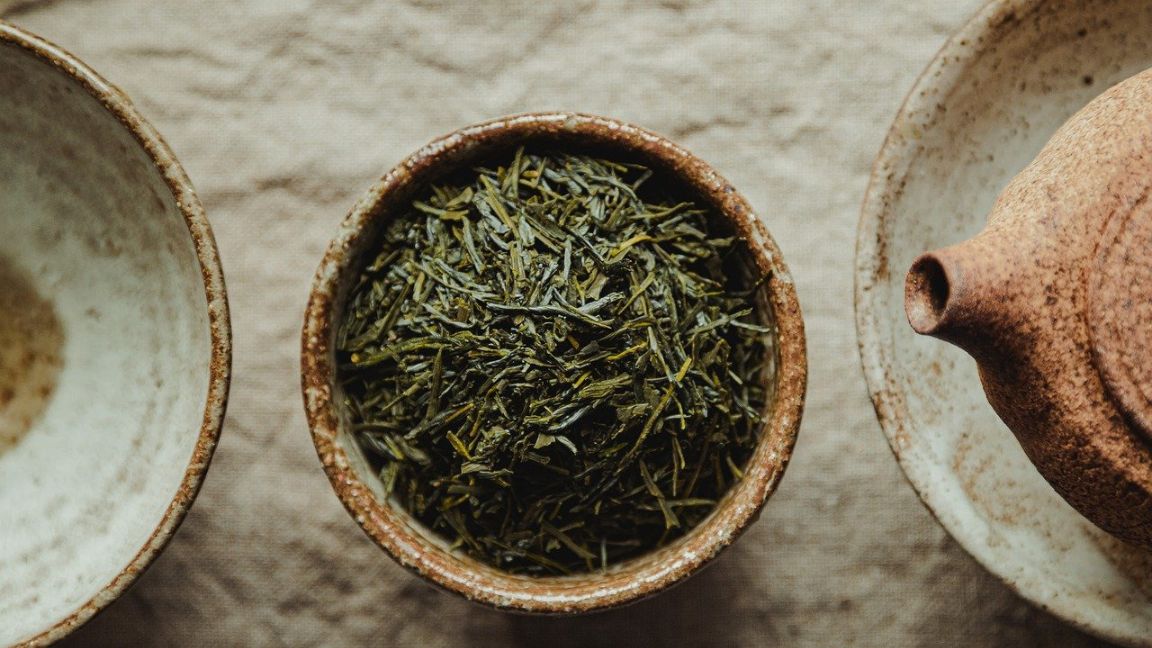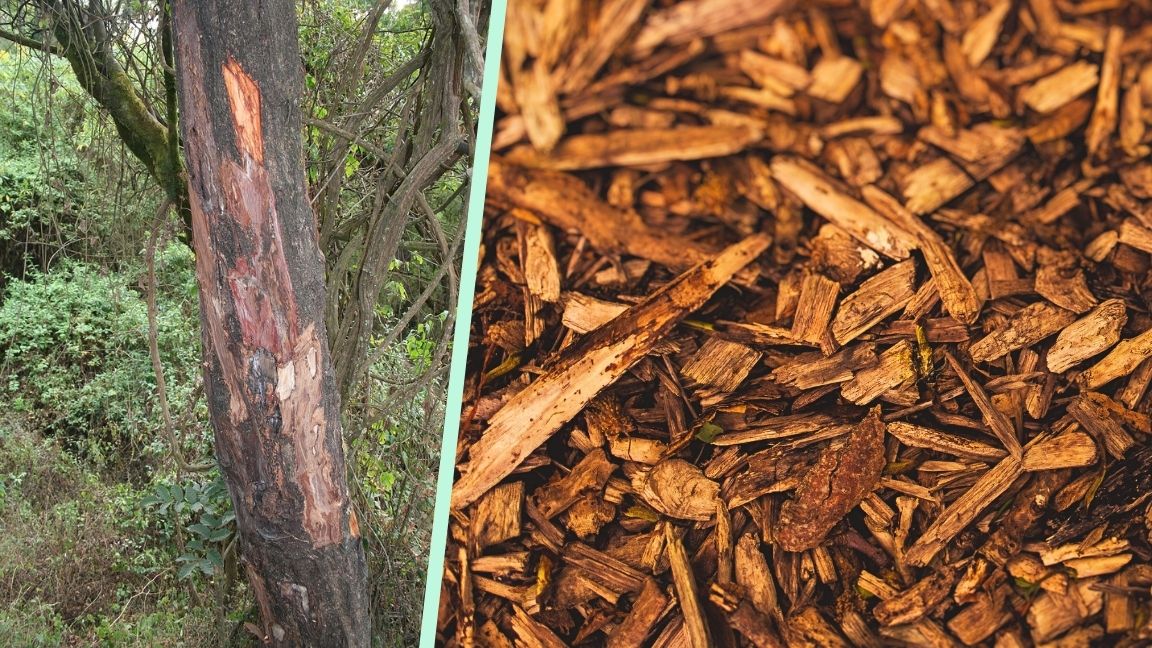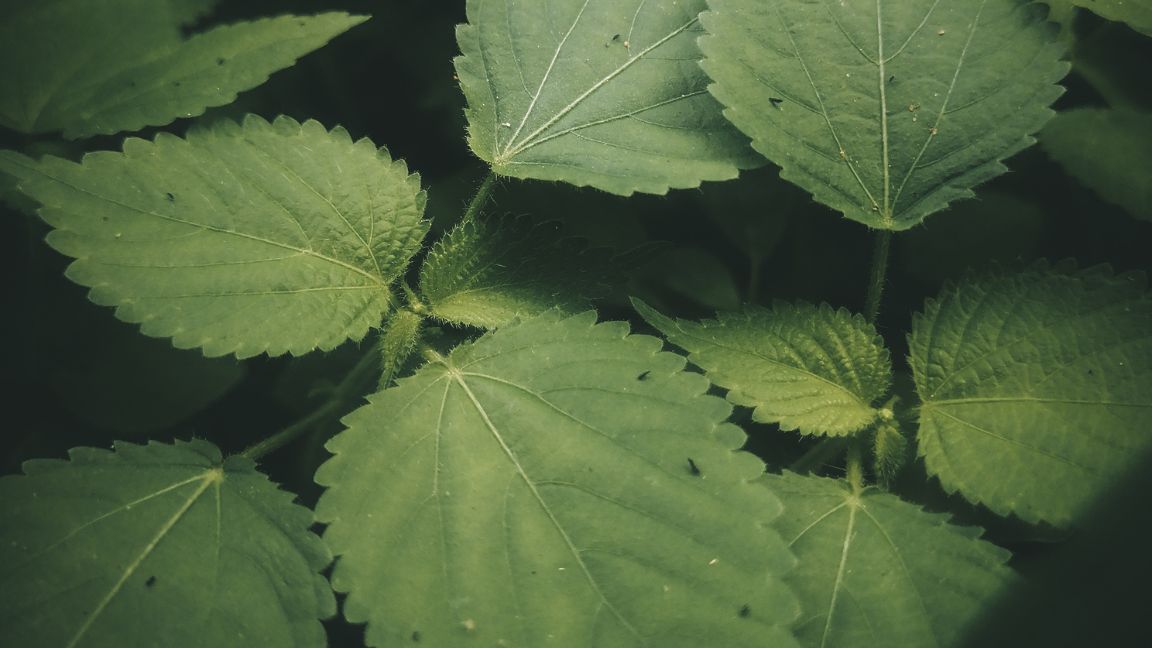Free Stock photo by Vecteezy
Therapeutic Threads:
- Licorice Root’s Legacy: A historical botanical known to regulate testosterone and improve prostate health.
- Evidence Echoes: Scientific studies highlight Licorice Root’s anti-inflammatory benefits and potential to counter prostate enlargement.
- Beyond Prostate: Licorice aids in blood sugar balance, heart health, weight management, and promotes sound sleep.
- Mindful Measures: While potent, it’s essential to understand dosages and potential interactions with other treatments.
Table of Contents
- Licorice Root’s Power Over Testosterone & Prostate Health
- What is Licorice Root?
- Benefits of Licorice Root
- Scientific Studies and Evidence
- Side Effects of Licorice Root
- Psychological Impact of Prostate Issues & Licorice Root
- Inflammation, Cancer, Hormonal Imbalance, and Licorice Root
- Diabetes, Sugar Balance, Healthy Heart, Weight Loss & Sleep
- How Does Licorice Root Impact Testosterone Levels?
- Comparison with Other Prostate Health Treatments
- Dietary Incorporation of Licorice Root
- Dosage Recommendations
- Interactions with Other Supplements and Medications
- The Final Thought on Nature’s Secret
- Frequently Asked Questions
Licorice Root’s Power Over Testosterone & Prostate Health
Imagine a world where a natural remedy, steeped in ancient wisdom, has the potential to tackle modern-day health challenges that men grapple with daily.
Testosterone imbalances and prostate issues, the silent battles countless men endure, can deeply impact one’s quality of life. Enter Licorice Root – a powerful contender in the ring of holistic health, rumored to possess the might to address these challenges head-on.
Journey with me as we dive deep into its mysteries, exploring how this potent root could be the answer men have been searching for.
What is Licorice Root?
Licorice Root: Nature’s Powerful Ally
Licorice (scientifically known as Glycyrrhiza glabra):
- Has a storied history stretching back thousands of years. Known to ancient civilizations like the Greeks and Egyptians— it was revered for its medicinal properties
- Today, Licorice Root is extracted from the root of the licorice plant – commonly grown in parts of Europe and Asia
Licorice Root, Testosterone & Prostate Health
I’ve observed that licorice root can play a pivotal role in managing testosterone levels. Notably, it can decrease serum testosterone in men, which could be beneficial for certain conditions like an enlarged prostate.
Beginning as a remedy in ancient cultures, the licorice root’s popularity has surged in recent times.
Now, it’s not just recognized for its sweetening properties but also its potential medicinal benefits, especially relating to prostate and hormonal health.
Benefits of Licorice Root
Potential to Reduce Symptoms of an Enlarged Prostate
One significant benefit of licorice root is its potential to alleviate symptoms associated with an enlarged prostate, also known as benign prostatic hyperplasia (BPH).
By modulating testosterone levels, it can help address issues like frequent urination.
Table of Pros and Cons Table of Licorice Root:
| Pros | Cons | Resources |
|---|---|---|
| Anti-inflammatory properties | Can decrease male testosterone levels | 2, 3, 6 |
| Potential to alleviate symptoms associated with an enlarged prostate | No evidence that licorice has any benefit in the treatment of benign prostate hypertrophy | 5 |
| Personal experiences from men who’ve used Licorice Root | Limited research on its effects on human cancers | 6 |
| Studies have shown that licorice extract can be effective in the prostate cancer cell line | 3, 4 |
I can’t overstate the importance of licorice root’s anti-inflammatory capabilities. It contains compounds that can significantly reduce inflammation, which is not just vital for prostate health but also various other inflammatory conditions.
Licorice root does affect testosterone. Studies have indicated a decrease in male testosterone levels with licorice consumption, which can be advantageous for managing certain prostate conditions.
Many men who have tried licorice root for its health benefits, especially concerning the prostate, often report a noticeable improvement in their symptoms.
Potent Supplements to Augment Licorice Root’s Efficacy Together
Turmeric, an age-old spice—can be a perfect companion to licorice root due to its powerful anti-inflammatory and antioxidant properties. Similarly, ginger has roots in traditional medicine, and when combined with licorice—can fortify digestive benefits.
Milk thistle enhances liver health and can amplify the detoxifying effects of licorice. Saw palmetto is another strong ally, known for its prostate health benefits. Lastly, green tea extract can further push the antioxidant and anti-inflammatory boundaries when taken alongside licorice root.
Related: Top 4 Natural Prostate Supplements That Work
Scientific Studies and Evidence
Bioactive or Phytochemical Components & Men’s Health
Licorice root boasts a range of bioactive components, notably glycyrrhizin. These compounds have displayed various effects on men’s health, particularly in managing hormone levels and reducing inflammation.
Overview of Supplement’s Bioactive Powerhouse Components:
| Bioactive Component | Description and Potential Benefits | Sources |
|---|---|---|
| Glycyrrhizin | Primary active ingredient in Licorice Root. Exhibits anti-inflammatory and immune-modulating properties. Aids in reducing inflammation of the prostate, ensuring optimal urine flow. | 1, 6 |
| Flavonoids (liquiritin and isoliquiritin) | Act as antioxidants and have potential anti-cancer properties. Contribute to hormonal balance, which is crucial for prostate health. | 2, 3, 6 |
| Isoflavones | Have the ability to influence testosterone levels, potentially assisting in managing conditions like an enlarged prostate. | 6 |
| Polysaccharides | Beneficial in promoting immune function, they might play a secondary role in supporting overall prostate health. | 6 |
Myths, Misconceptions & Counter-Arguments
Numerous clinical trials have delved into the efficacy of licorice root.
These studies have largely confirmed its potential in reducing testosterone levels in men and highlighted its anti-inflammatory properties.
While licorice root does offer multiple health benefits, it’s essential to approach it with a balanced view. For instance, it’s a myth that it can replace all modern medications for prostate health or hormonal imbalances.
It’s crucial to understand that not everyone will experience the same results from licorice root. Emerging research does support licorice root’s potential in reducing testosterone.
However, there are counter-arguments and studies that propose the effects might be temporary or less significant in some men.
Side Effects of Licorice Root
Potential Side Effects Listed
Licorice root, like any other natural remedy, can have side effects. These can include headaches, elevated blood pressure, and fatigue. It’s always essential to be aware of these when considering its use.
Overview of Side Effects of Licorice Root
| Side Effects | Sources |
|---|---|
| It reduces potassium levels which can cause high blood pressure, lethargy, oedema, heart failure, and abnormal heart rhythms. | 1, 2 |
| Overconsumption can cause muscle weakness and unexplained hypokalemia | 1 |
| Drug interactions include: blood pressure medication, blood thinner, cholesterol lowering medications, diuretics, and nonsteroidal anti-inflammatory drugs. | 2 |
Age, Genetics, Prostate Condition & Lifestyle factors
Various factors can influence how one might react to licorice root. Age, genetics, and the severity of an existing prostate condition… can all play a role in how pronounced or minimal side effects might be.
Lifestyle factors, including diet and exercise—can also play a role in how licorice root affects an individual. For instance – someone with a sodium-rich diet might be more prone to its blood-pressure-raising effects.
Overview of Side Effects of Supplements for Different Age Groups:
| Side Effects | Young Men | Men with Prostate Problems | The Elderly | Resources |
|---|---|---|---|---|
| Decreased libido | Yes | Yes | Yes | 1, 2, 6 |
| Gynecomastia (enlarged male breasts) | Yes | Yes | Yes | 1, 3, 5, 6 |
| Erectile dysfunction | Yes | Yes | Yes | 1, 2, 5, 6 |
| Infertility | Yes | Yes | Yes | 2 |
| Osteoporosis | No | Yes | Yes | 2 |
| Poor self-image | Yes | Yes | Yes | 2 |
| Mental and emotional changes | No | No | Yes | 2 |
Psychological Impact of Prostate Issues & Licorice Root
Testosterone-Related Prostate Problems
Prostate issues, particularly those tied to testosterone imbalances—can deeply affect a man’s psyche.
The anxiety from potential sexual dysfunction, coupled with fears of more serious health complications – can lead to stress, depression, and lower self-esteem.
There’s a growing body of evidence that Licorice Root might help in addressing some testosterone-related prostate issues.
However, the research isn’t universally conclusive. While some studies highlight its benefits- others raise concerns about its potential side effects— particularly when consumed in large quantities.
Inflammation, Cancer, Hormonal Imbalance, and Licorice Root
Synergistic Properties of Licorice Root
Licorice Root is often heralded for its anti-inflammatory benefits. This can be particularly useful for men dealing with prostate inflammation, providing a natural means to combat discomfort and pain.
Boswellia serrata, or Indian frankincense, shares the stage with licorice root when it comes to inflammation control— has been a staple in Ayurvedic medicine. Omega-3 fatty acids found in fish oil are also champions of anti-inflammatory action – aiding not just the joints but also overall health.
Another intriguing addition could be white willow bark, which acts as nature’s aspirin and works harmoniously with licorice to bring down inflammation.
The connection between Licorice Root and prostate cancer is complex.
Some research suggests that certain compounds in licorice might hinder the growth of cancer cells… yet it’s essential to approach this with caution.
Licorice Root can impact hormone levels, notably by decreasing serum testosterone.
While this might be beneficial for those with specific prostate issues, prolonged consumption can lead to hormonal imbalances that might need medical intervention.
Diabetes, Sugar Balance, Healthy Heart, Weight Loss & Sleep
Licorice Root contains compounds that may improve insulin sensitivity, thereby benefiting those with blood sugar concerns. It’s intriguing for diabetics looking for natural ways to manage their condition.
The heart-protective properties of Licorice Root are becoming increasingly acknowledged.
Some research points to its ability to lower bad cholesterol levels and improve overall heart function, though consistent consumption is key.
Interestingly, Licorice Root has shown potential in promoting better sleep, possibly due to its adaptogenic properties. In terms of weight management, there’s limited evidence, but some believe it might aid in reducing body fat.
Related: Top Sleep Aids for Prostate Issues
Digging Deeper for Prostate Wellness
For those battling diabetes and blood sugar imbalances, cinnamon can be a trusty ally. This familiar kitchen spice has surprising blood sugar balancing qualities. Bitter melon might sound uninviting, but it’s another natural agent known to help regulate blood sugar levels.
Alpha-lipoic acid is an antioxidant that can enhance the body’s ability to use insulin— complementing licorice’s effects. Berberine, found in several plants, is another under-the-radar gem that’s been shown to manage blood sugar— as effectively as some pharmaceuticals. Chromium picolinate rounds off this list, aiding insulin function and promoting optimal glucose uptake.
When sleep is elusive, valerian root can be the friend you never knew you needed. Its calming properties have comforted many restless souls. Melatonin, while a hormone, is available as a supplement to reset those skewed sleep cycles.
Lemon balm, a fragrant herb, offers gentle sedative properties that can dovetail nicely with licorice root. When weight loss is the aim, green coffee bean extract is gaining popularity for its potential metabolism-boosting properties. Garcinia cambogia, with its active component hydroxycitric acid, can be a potential appetite suppressant.
And let’s not forget the thermogenic effects of capsaicin, found in chili peppers, for that weight loss edge.
How Does Licorice Root Impact Testosterone Levels?
A Holistic effect on Testosterone Balance
Licorice Root’s influence on testosterone stems from its ability to inhibit a specific enzyme crucial in testosterone production.
This can lead to reduced levels of this hormone in the body, which might be beneficial for specific prostate conditions.
Several studies have documented a reduction in testosterone levels with Licorice Root consumption.
While the decrease is often modest, the cumulative effect over time might be significant for those seeking a natural way to manage testosterone-related prostate issues.
While Licorice Root offers benefits, it’s crucial to understand it as a part of a broader holistic approach to health.

Combining it with a balanced diet, exercise, and other natural supplements can create a synergistic effect, ensuring optimal testosterone balance and overall wellness.
When it comes to balancing testosterone, fenugreek stands tall. Widely used in cuisine, it’s been found to potentially boost testosterone and enhance libido. Tribulus terrestris, despite its prickly appearance, has been associated with increased testosterone levels and improved sexual health.
Zinc, a humble mineral, plays a significant role in testosterone production and can often be overlooked. D-aspartic acid is another amino acid that’s been linked to the promotion of testosterone synthesis.
And then, there’s maca root, hailing from the highlands of Peru, celebrated for its hormone-balancing prowess.
Comparison with Other Prostate Health Treatments
Natural Approach versus Conventional Treatments
Natural approaches, like using licorice root, often have fewer side effects and might be gentler on the body over the long term.
While conventional treatments are powerful and provide quicker relief, they might come with potential side effects such as dizziness or sexual dysfunctions.
With a natural approach, one not only addresses the symptoms but might also promote overall health and well-being.
Dietary Incorporation of Licorice Root
Natural Sources, Forms & Efficacy
Licorice root is commonly available in various forms such as dried roots, powdered form, teas, or as an extract in supplements. Obtaining it in its natural form ensures that you are getting the purest version without added chemicals or preservatives.
Licorice root can be combined with other herbs like saw palmetto or stinging nettle for enhanced prostate health benefits. Additionally, combining it with foods rich in zinc, like pumpkin seeds, may offer synergistic effects. However, always consult with a healthcare expert before combining supplements.
While licorice root is praised for its natural properties, its efficacy in managing prostate health is still under research.
On the other hand, conventional treatments have a long history of clinical studies and proven results. It’s essential to balance anecdotal evidence with scientific data when considering licorice root.
When seeking supplements with benefits mirroring licorice root, astragalus deserves a mention. This traditional Chinese herb boasts immune-boosting properties and supports metabolic health.
Dandelion root, often seen as a mere weed, can support liver detoxification and overall well-being. Ginseng, both American and Korean versions, is renowned for its adaptogenic qualities, helping the body combat stress.
Schisandra berries, a staple in traditional medicine, offer a blend of adaptogenic and liver-supportive benefits. Last but not least, Rhodiola rosea stands out for its potential in improving mood, fighting fatigue, and enhancing overall vitality.
Dosage Recommendations
Proposing Dosages for Testosterone Regulation:
| Dosage | Benefits | Resources | Supplement Endorsement |
|---|---|---|---|
| 1-5g/daily | Safe for most adults | 5 | Actiflow |
| 7g/daily | Decreases testosterone levels | 1, 2, 3, | |
| Maximum: 100-800mg/daily | 4, 5, 6 | ||
| Seek Medical Advice | Stay within recommended dosage |
As men age, especially in their 60s and beyond, a more therapeutic dosage might be required. Always adjust dosages based on individual needs and consult a healthcare expert.
Interactions with Other Supplements and Medications
Potential Interactions & Regular Consumption of Licorice Root
Licorice root may interact with certain medications, such as blood thinners, blood pressure drugs, and diuretics. It might also influence the effectiveness of other supplements like potassium.
While licorice root offers several health benefits, it’s crucial to use it sustainably. Overconsumption might lead to issues like lowered potassium levels or elevated blood pressure. It’s best to take periodic breaks and ensure you’re not over-relying on any one supplement.
For regular consumers, monitoring blood pressure, kidney function, and potassium levels might be crucial. Always stay hydrated, and if any unusual symptoms arise, it’s crucial to consult with a healthcare expert immediately.
The Final Thought on Nature’s Secret
Licorice Root holds promise for supporting prostate health and managing testosterone levels. While I’ll be keeping a keen eye out for new studies and adjusting this content accordingly— it’s essential that anyone considering it consult with their doctor.
Frequently Asked Questions
What does Licorice Root address?
Licorice Root primarily addresses testosterone management and prostate health, along with a range of other health benefits like inflammation reduction and blood sugar balance.
Is daily Licorice Root consumption safe?
While many individuals can safely consume Licorice Root daily, it’s crucial to consult with a healthcare professional for personalized advice.
Can Licorice Root boost weight loss?
Yes, Licorice Root has properties that can influence weight management by potentially aiding in blood sugar balance and reducing inflammation.
Does it truly shrink the prostate?
Research indicates that Licorice Root may help in reducing symptoms of an enlarged prostate, but individual results can vary.
How does Licorice Root affect sleep?
Licorice Root can influence sleep indirectly by promoting hormonal balance and reducing inflammation which can lead to better sleep quality.
Which is better: Licorice Root or conventional meds?
While Licorice Root offers a natural approach with several benefits, conventional treatments have their own merits. It’s essential to assess both options with a doctor.
What’s the risk in Licorice Root overdose?
Over Consuming Licorice Root can lead to side effects like high blood pressure or lower potassium levels. Always stick to recommended dosages.
I truly believe that having accurate knowledge empowers us to make informed decisions.
What’s stopping you from taking a holistic approach – to your health today?




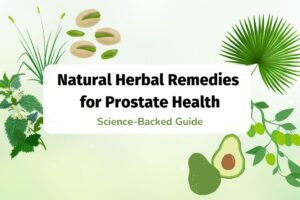

![Comprehensive Prostate Health: Essential Guide for Men [2024] Comprehensive Prostate Health Featured Image](https://prostaknight.com/wp-content/uploads/2024/09/Comprehensive-Prostate-Health-300x200.jpg)
